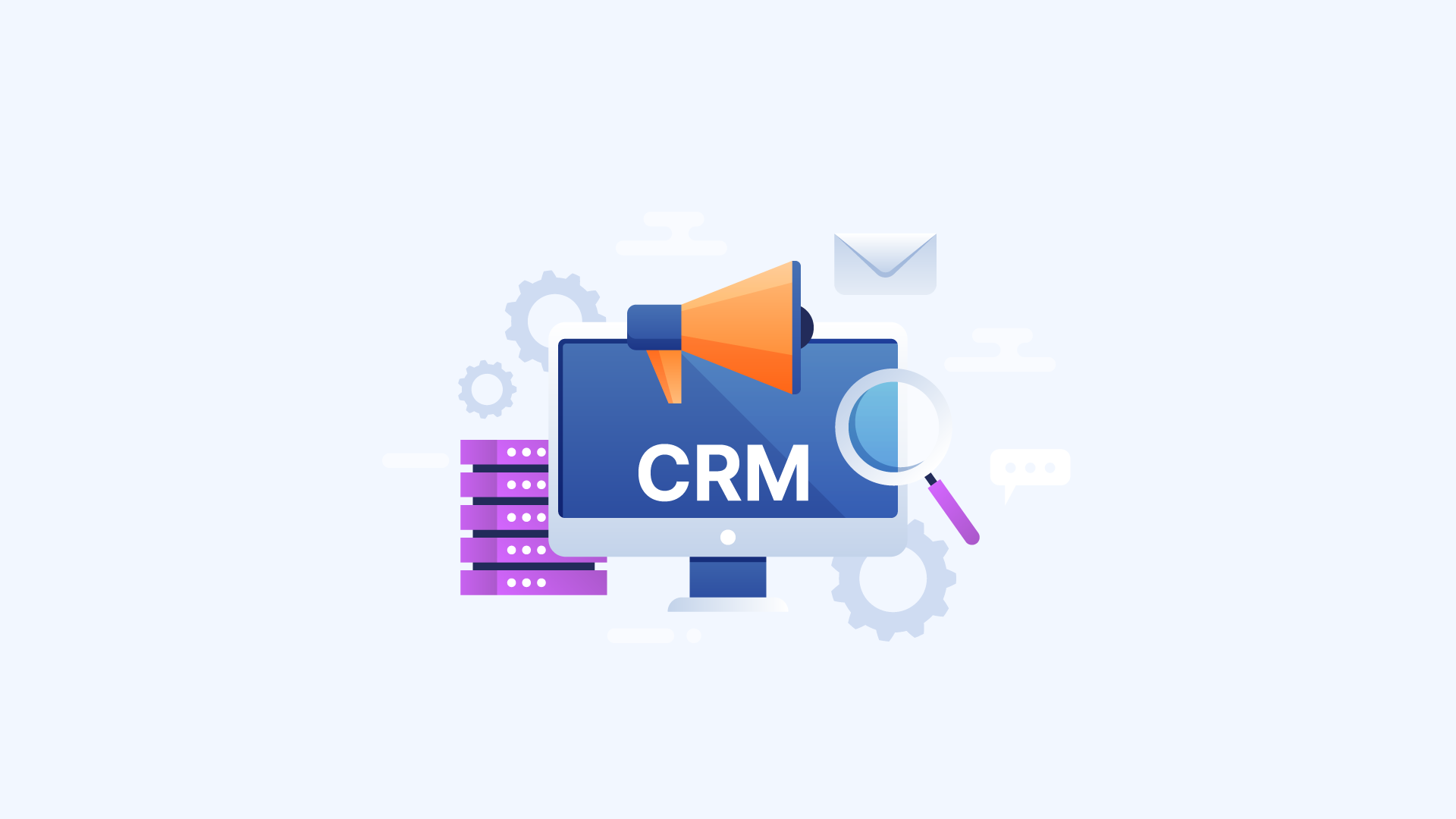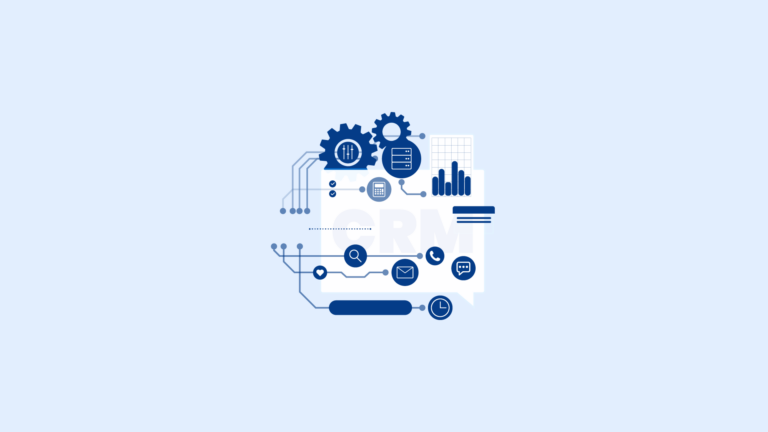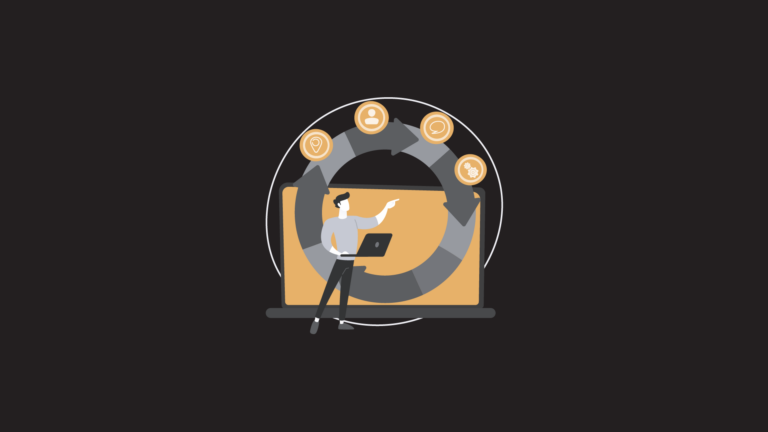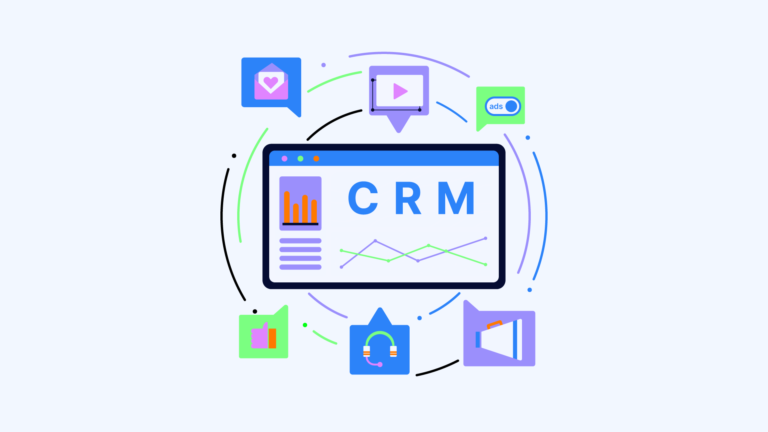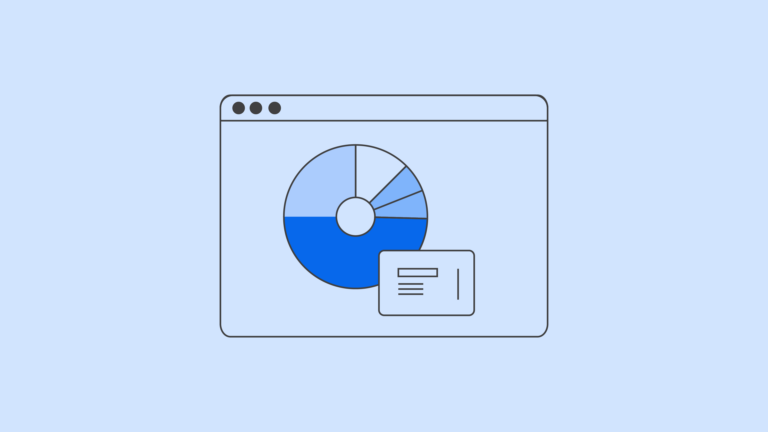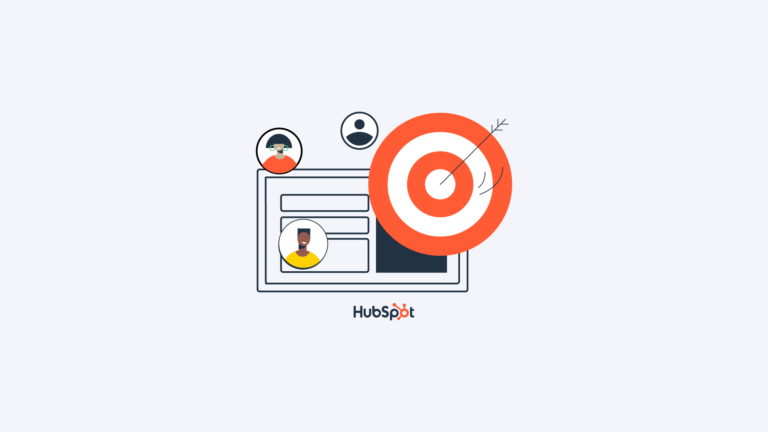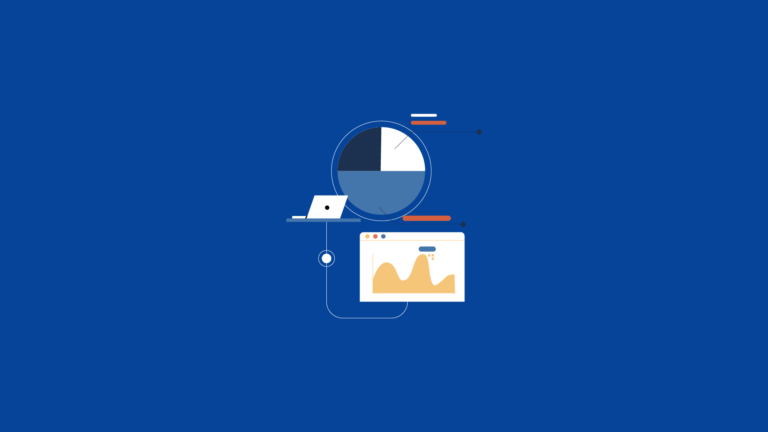There are many benefits to gaining knowledge about your customers and prospects. Not only does it help you target your marketing efforts more effectively, but it also helps you develop products that appeal to the audience.
Plus, better customer knowledge will allow you to efficiently respond to needs, build loyalty and establish long-term client relationships. Because of these important benefits, a business cannot afford not to have a CRM system in place.
Did you know that the average customer spends 67% more with companies they are loyal to? This statistic should be enough to convince any business owner to invest in effective customer relationship management (CRM) software, like HubSpot.
With CRM software, your business can create automated messages that engage new and existing users and help build stronger relationships in the process. Here are five ways that CRM systems improve customer experience.
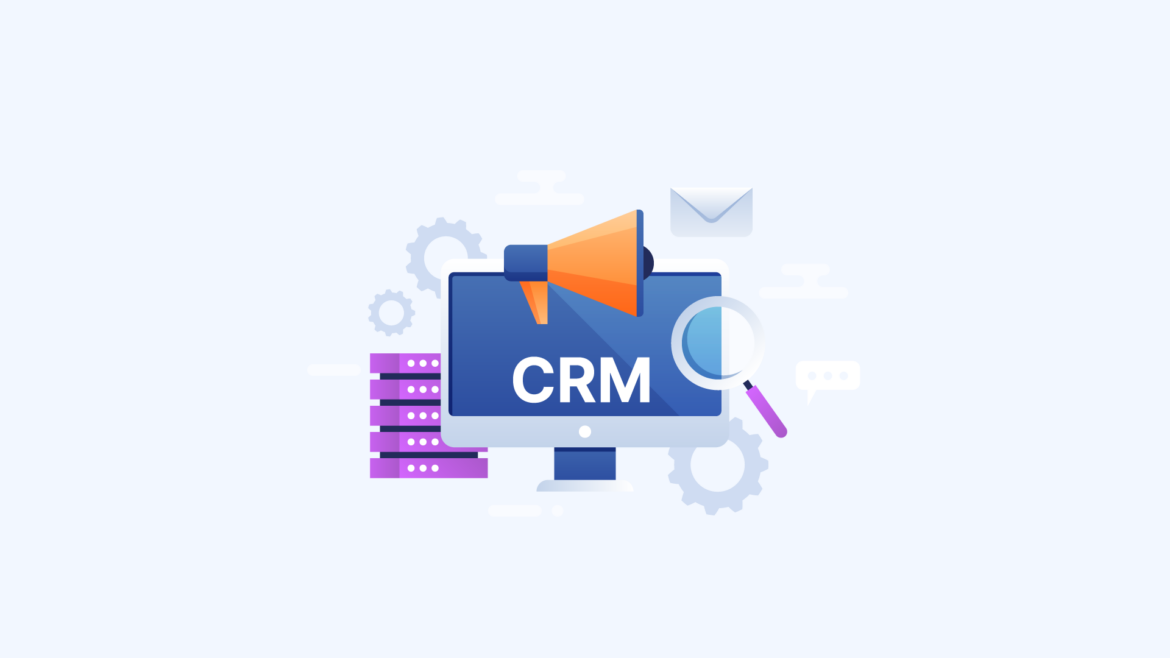
How a CRM Can Benefit Your Business
Simply put, a CRM system helps you manage your company’s relationships and interactions with customers and potential customers.
CRM software is used by sales teams to keep track of leads and progress through the sales pipeline. It can also manage marketing campaigns, emails, customer service, and even billing and invoicing.
Below are some of the many benefits of using CRM software:
Grows client numbers.
A CRM system can help you boost your customer base by providing the tools to effectively manage sales and marketing campaigns. With it you can find new leads and convert them into customers. CRM systems streamline the sales process so employees have more time to sell; this increases client numbers.
Strengthens customer loyalty.
With a CRM system, you can create deeper relationships with your customers by offering personalized services and building trust through regular communication. CRM programs enable businesses to anticipate customer needs/wants and provide personalized service; this builds customer loyalty.
Increases revenue.
By retaining customers, building stronger relationships, and simplifying processes, a CRM system helps ensure that you make full use of all available opportunities to increase revenue. Automated storage, retrieval, and analysis of customer information helps reduce errors, increase productivity and reduce costs; this increases revenue.
Simplifies the sales and marketing process.
A CRM system makes it easy to manage all aspects of the sales process in one place, saving you time so you can focus on strategies that help grow your business. A CRM system stores all relevant data in one place so it’s easy to find; this simplifies the sales and marketing process.
Improves customer service.
When employees can access all their customer interactions in one place, it’s easier to make sure customers get personalized treatment. For example, if a customer calls and asks for your best price on item X, you can look at their past purchases to see how much they’ve spent in the past.
You can also see what products they’ve purchased from you and offer them something that might complement those items. This creates more opportunities for upselling, which can boost sales.
Helps build more effective communication.
Without a CRM, each team member has their own way of organizing the information they collect about customers. Some may put it in spreadsheets or sticky notes; others may use personal email accounts or other tools.
A CRM standardizes this data and makes it easy to share with others, so everyone is on the same page when talking to customers. This allows team members to provide better service and ultimately improve sales performance.

What Is Good Customer Experience?
Good customer experience is when a customer feels they’ve had a positive interaction with your business. They feel comfortable reaching out to you if they have questions or concerns, and they know that their issue will be resolved in a timely manner.
Customers also have an emotional connection to the company. They feel like the company really cares about them as a person and not just another sale.
Overall, having a good customer experience means that customers enjoy doing business with your company. Your employees are helpful and knowledgeable, and the products are top-notch.
As a result, customers come back for more because it’s just easier to do business with your company over others who don’t make their customers feel important and appreciated.
Why you should care about Customer Experiences
The customer experience (CX) is the overall customer journey from pre-purchase to post-purchase — and even beyond that. The customer experience can include everything from a customer’s first interaction with your company to how you handle complaints. It also encompasses every touchpoint on their journey, including your website, mobile app, emails, social media, and in-store experience.
CX should be at the forefront of everything you do as a business owner. In order to gain and keep customers to keep your business alive, you need to make them happy. The best way to do this is to give them a positive experience with your company, products, and services.
Someone who has a good experience is more likely to become a repeat customer who is loyal to your business and who shares their positive impressions with others (who will hopefully become your customers as well).
A recent study found 64% of customers feel their experience with a brand is more important than price when deciding to make a purchase.
Finally, improving CX can improve other aspects of your business.
How does a CRM improve customer experience?
A CRM is software that helps you manage and nurture relationships with your customers. To do so requires you to collect data from each customer before you start attracting their attention, building trust, and understanding their needs.
While there are many benefits to using a CRM, one of the most important is how it improves customer experience. Many business owners and managers use CRM to help their companies grow, but if you don’t provide your customers with an excellent experience, they won’t come back.
1. Staying in touch
A CRM system makes it easier to keep track of when a customer should hear from your company, whether that’s because they’ve made a purchase, scheduled an appointment or signed up for a newsletter. They may be happy to hear from you, but they’ll be even happier if they don’t feel inundated.
If you have hundreds or thousands of customers, staying in touch is nearly impossible without software assistance. Instead of trying to remember every customer and what they’ve done, CRM helps you stay organized.
You can set up reminders for birthdays or anniversaries. You can set up the system so that customers who haven’t visited your store get an email or special offer encouraging them to come back. The possibilities are endless.
2. Personalized communications
Using customer data well means sending the right messages to the right people at the right time. For example, don’t send your entire list a “deal of the day” email, only send it to people who might actually want what’s on sale. Don’t offer new products to people who already have them. Do offer upgrades or related purchases when appropriate.
CRM lets you record personal details about your customers, such as their interests and preferences. As a result, you can tailor your communications based on what you know about each customer. This highly personalized approach turns customers into friends and advocates for your products and services.
3. Consistent customer experience
When a customer has a good experience at your company, it makes him or her more likely to return again in the future. If this happens multiple times (which is the goal), it results in positive word-of-mouth advertising.
Customers expect a consistent experience from the same company, regardless of how they interact with it (online, in-store or over the phone). A good CRM system gives you the tools you need to provide that consistency.
4. Good information storage
All too often customers have to repeat information when they call because no one has access to what was provided before. You also need to store billing information securely so customers don’t have to waste time providing it every time they make a purchase.
CRM software keeps track of important information, such as notes from previous interactions, what products were purchased in the past and how long it has been since a particular customer made a purchase.
It is also capable of storing more details about customers, including who their purchasing decision-makers are. That makes it easier for sales teams to contact customers when new opportunities arise and for support staff to address problems quickly.
5. Learning more about customers
The historical data stored in CRM software helps businesses learn more about their customers. By using analytics tools to examine past purchases and other behaviors, companies can create better-targeted promotions based on what they learn from this.

Using a CRM to Improve Customer Experience
A big advantage of a good CRM is the enhanced breadth and depth of information that you receive about your customers. In many cases, this can turn a one-size-fits all approach to customer relations into a process that analyzes each client and adapts to their circumstances.
The effects on your business will be significant, as you will be in an ideal position to achieve your marketing goals. In the end, this is the key lesson of any CRM. If you have access to information, then you have a better chance of providing better service to your customers.
In conclusion, a CRM is a useful tool to improve customer experience. By using the data collected through a CRM and other marketing channels, you can effectively target your campaigns. This leads to targeted and useful information that is presented to clients in a more personalized way.
Find a CRM to help you grow better
